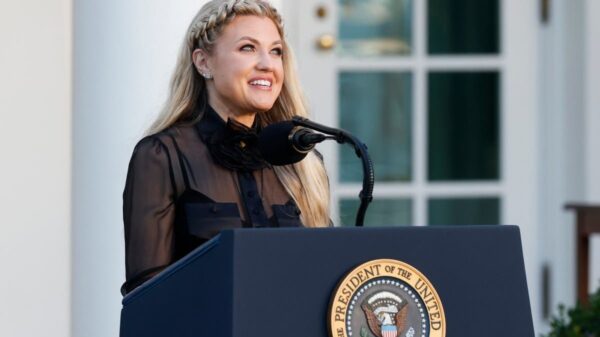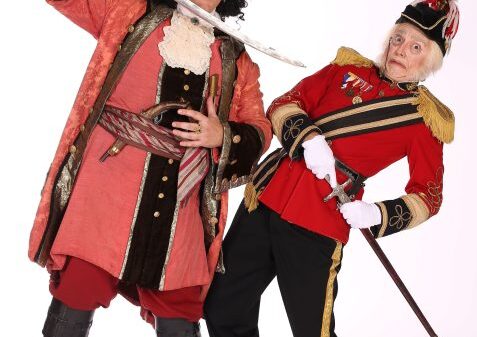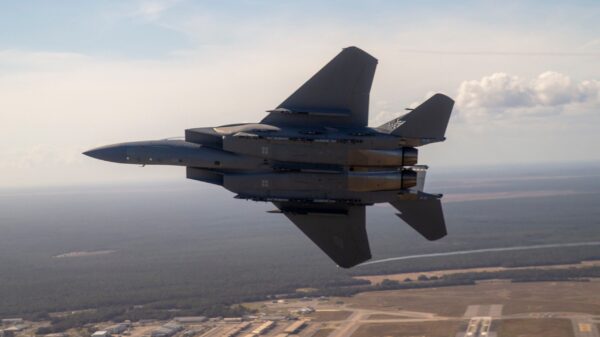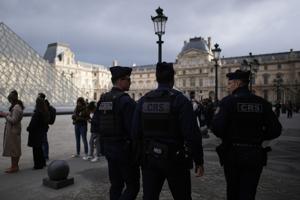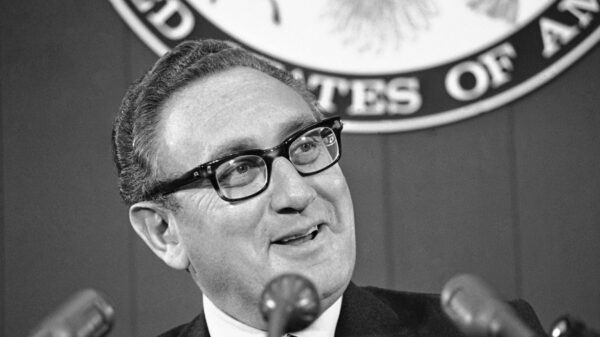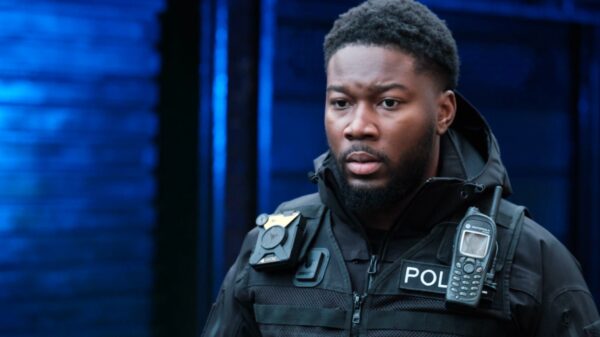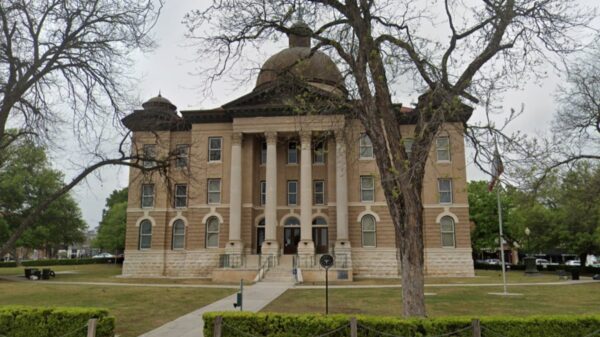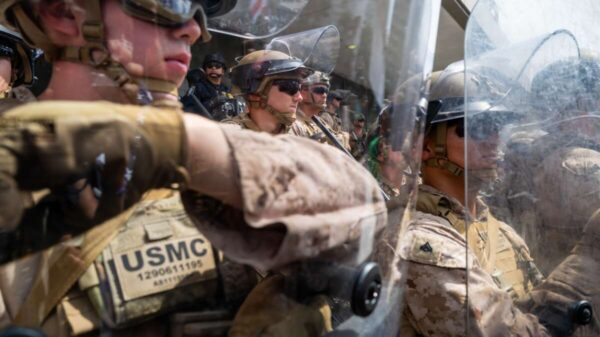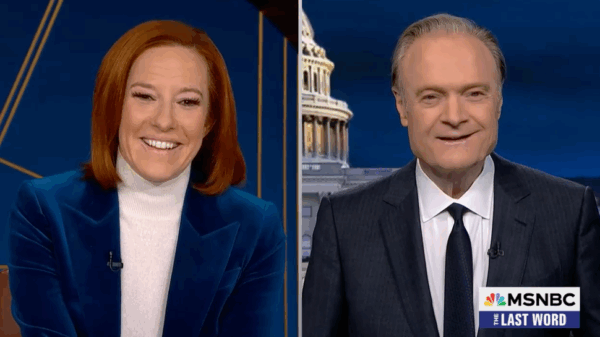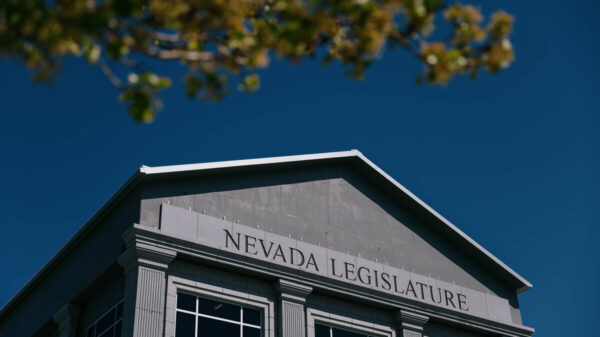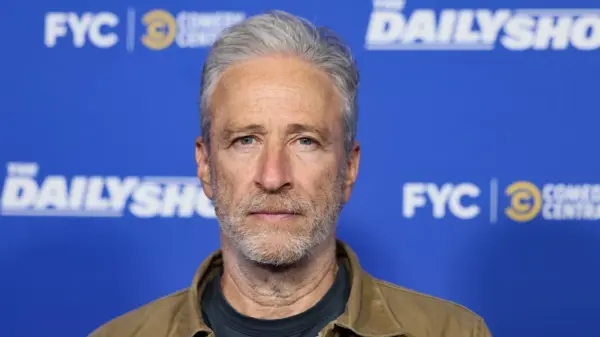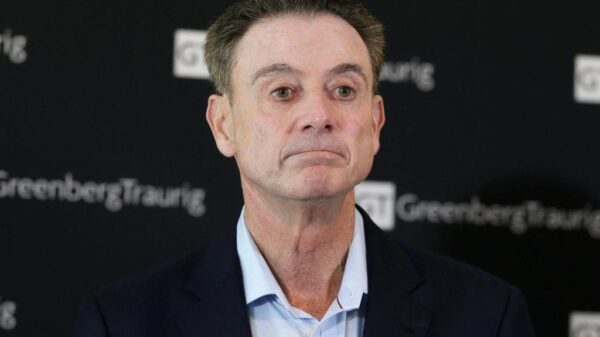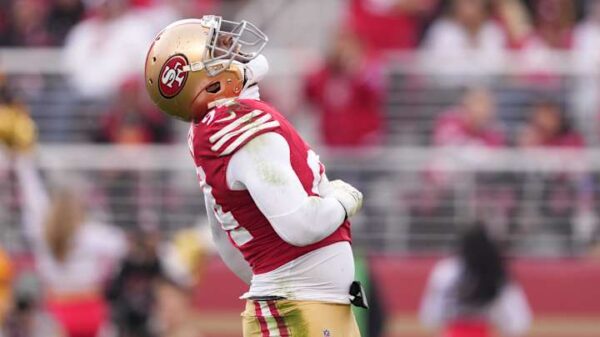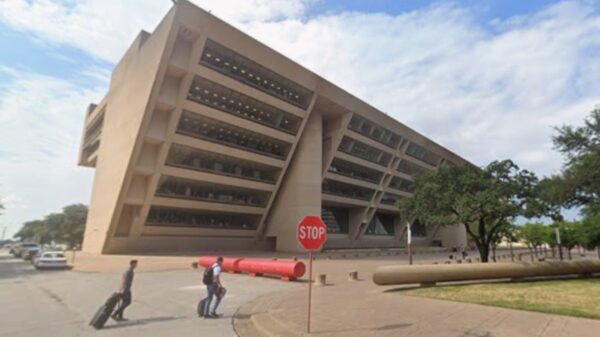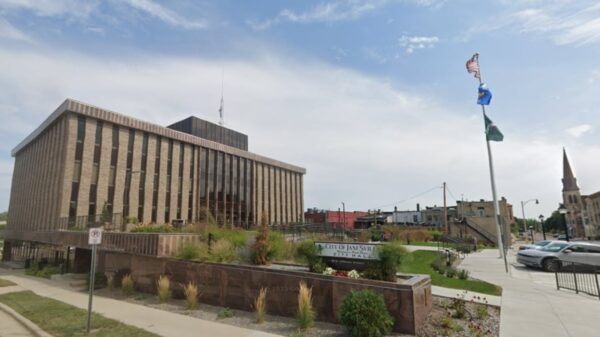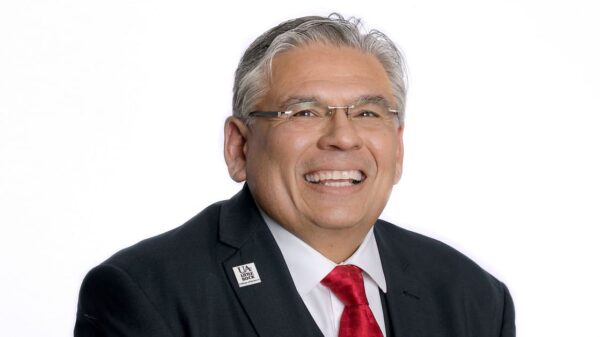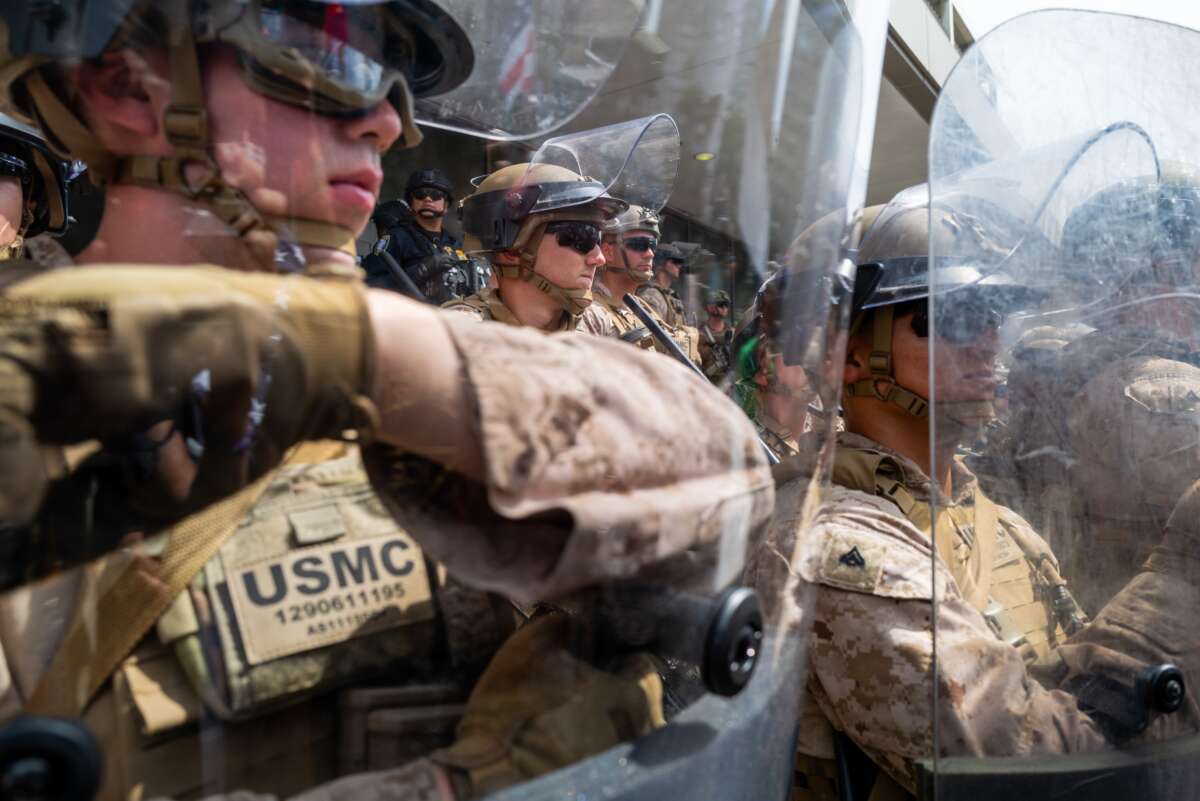President Donald Trump has sparked controversy by suggesting that he could deploy the military to American cities to address crime. Speaking to U.S. troops stationed in Japan on October 20, 2025, Trump indicated that if necessary, he would send more than just the National Guard to ensure the safety of urban areas. “We have cities that are troubled; we can’t have cities that are troubled,” he stated, emphasizing his commitment to maintaining order.
In recent months, Trump has authorized the deployment of the National Guard to various cities, including Los Angeles, Chicago, Memphis, and Portland. These actions have faced significant opposition from local and state officials, many of whom have challenged the legality of such deployments. Most notably, a federal appeals court recently voted to reconsider a ruling that permitted the federalization of Oregon’s National Guard troops for deployment in Portland.
When pressed by a reporter from the New York Times about his comments regarding military deployment, Trump asserted his authority to send any branch of the military he deemed necessary, claiming that courts or Congress would not be able to intervene. “If I want to enact a certain act, I’m allowed to do it,” he said. “I could send the Army, Navy, Air Force, Marines — I could send anybody I wanted.”
The president’s comments have drawn sharp criticism, particularly regarding his suggestion to invoke the Insurrection Act. This law allows the federal government to deploy military forces in extreme circumstances, such as violent uprisings. Critics argue that the protests against Trump in cities like San Francisco do not meet the criteria required to justify such actions.
A coalition of advocacy leaders, including Lisa Gilbert from Public Citizen and Praveen Fernandes of the Constitutional Accountability Center, condemned Trump’s remarks as “unlawful and un-American.” They expressed concern that the military should not be used against American citizens, emphasizing that its role is to defend the nation and preserve freedoms, not to act as a force against civilians.
Adding to the chorus of disapproval, retired Major General Randy Manner criticized the use of the National Guard for domestic law enforcement, calling it “un-American and wrong.” Manner pointed out that the National Guard has historically been utilized to support military efforts overseas and to assist during emergencies at the request of state governors, not for routine policing. He stressed that military personnel are not trained for law enforcement duties and that their deployment on American streets should only occur in response to acute crises.
Trump’s rhetoric regarding military involvement in domestic affairs has been a recurring theme since his 2024 election campaign, where he described dissenters as “the enemy from within.” His recent remarks have intensified fears about the potential militarization of law enforcement in the U.S. as he suggested that cities experiencing unrest could serve as “training grounds” for military personnel.
As public discourse evolves surrounding these developments, the implications for civil liberties and the appropriate use of military power in domestic situations remain critical areas of concern for many observers.

